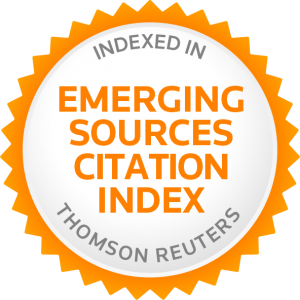ON THE GRAMMATICAL CATEGORY OF POSTNOMINAL KESHI IN MANDARIN CHINESE
Rui-heng Ray Huang/ National Taipei University of Business
This paper argues, contrary to Zhang (2006, 2010), that the adversative coordinator keshi ‘however’ in Mandarin Chinese is an adverb when it occurs after the subject or topic. It is shown that while Zhang’s arguments against the treatment of keshi ‘however’ as an adverb based on co-occurrence patterns raise problems, they do not arise under the non-unified analysis proposed in this study. The proposal is that prenominal keshi ‘but’ is a conjunction whereas postnominal keshi ‘however’ is an adverb. The adverbial analysis of postnominal keshi ‘however’ receives empirical support from the general distribution of Chinese lower adverbs, which are behind the subject or topic.



